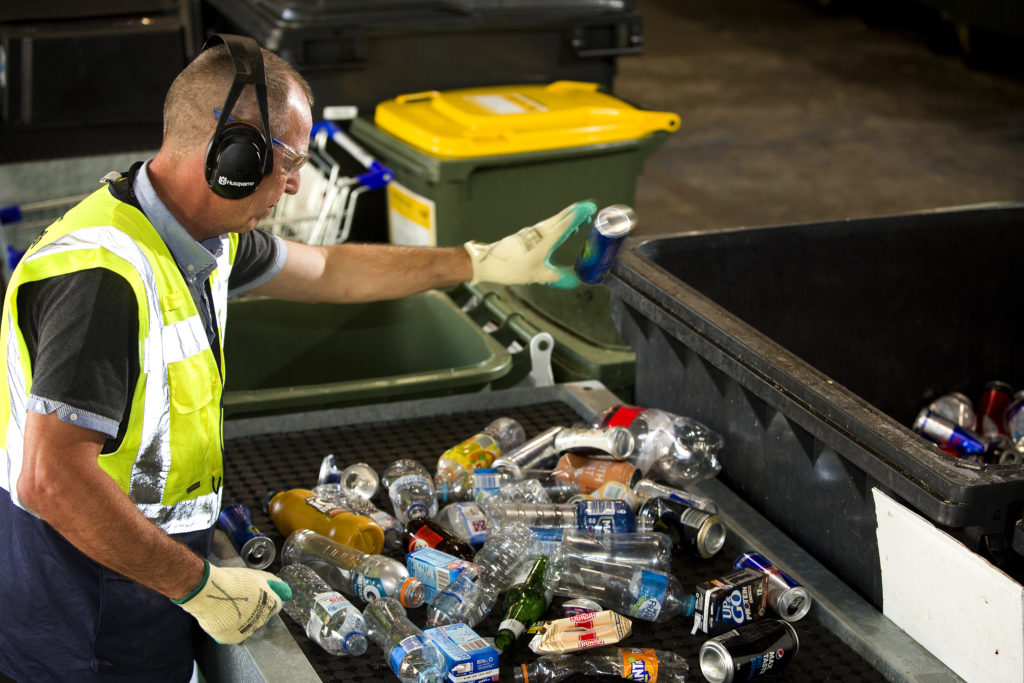Where we’ve been
Over 80 local government representatives attended the forum
held on Monday 28 November at the City of Gosnells.

Senior Associate | Dispute Resolution + Litigation, Jackson McDonald
Roselina Kruize is a Senior Associate at Jackson McDonald, practicing in complex litigation and dispute resolution. She has experience dealing with a wide range of commercial litigation matters representing clients in all West Australian and Federal Courts, both in first instance and in the appellate jurisdiction, and in the State Administrative Tribunal. Roselina also has a grounding in commercial law, having practiced it in conjunction with litigation for the first 7 years of her career, which assists with understanding a client’s business and reaching the best commercial outcome for the client.

A defamatory statement is any statement published to a third party which harms a person’s reputation. A person who feels they have been defamed may apply to the Court to seek compensation for the harm suffered. Compensation is not limited to economic loss and a person does not have to suffer economic loss to make a claim.
There are some defences available such as the statement being substantially true, it was an honest opinion rather than a statement of fact, or it was made in the interest of the public.
A couple of recent examples of defamation in the political arena are:
(1) The ‘Christian Porter’ case:
Mr Porter sued the ABC for defamatory publications made. These publications carried an imputation that he sexually assaulted the young woman referred to in the ABC article (see Porter v Australian Broadcasting Corporation [2021] FCA 863). This matter was settled out of Court.
(2) Hanson-Young v Leyonhjelm (No 4) [2019] FAC 1981:
Senator Sarah Hanson-Young successfully sued Liberal Democrat Senator David Leyonhjelm over defamatory comments he made in a Senate inquiry and subsequent media interviews in 2018. The comments made by Senator Leyonhjelm suggested Senator Hanson-Young was a misandrist and a hypocrite. Senator Leyonhjelm sought leave to appeal the decision in the High Court. On 17 June 2021, the High Court denied leave crystalising the decision made in favour of Senator Hanson-Young. Senator Hanson-Young was awarded $120,000 damages and costs.
Over 80 local government representatives attended the forum
held on Monday 28 November at the City of Gosnells.
WALGA and State Council take their responsibility as Trustee of your Scheme very seriously and regularly review the Scheme and the services provided to members.
The 2021 LGIS WorkCare Forum was a great success, packed with speakers across a range of disciplines the WorkCare Forum
On 8 September 2021, the High Court handed down its decision in Fairfax Media Publications Pty Ltd v Voller [2021] HCA 27 (the Voller decision) which dealt with the issue of whether Facebook users are responsible for defamatory comments made by third-parties on Facebook pages created by them.
The media outlets argued that they had a valid defence, being that there is no liability to the “owner” of the Facebook page because:
Although the High Court accepted that the media entities played no active role in publishing or adopting the comments, it determined that the media entities facilitated the making of comments because they invited and encouraged comments from Facebook users and provided the vehicle for publication to those who might want to respond.
The judgment confirmed that media entities will be treated as the publisher of all third-party comments made in response to any articles the media entity publishes on Facebook.
Defamation claims are becoming more commonplace, especially with the increased use, and variety, of available internet intermediaries such as Facebook, Instagram, Twitter and TikTok in the business arena.
The Voller decision has broad-reaching implications for the use of these internet intermediaries. By allowing comments to be written on a person, corporation or government’s page, they will be seen as inviting and encouraging comments and responses. The practical effect which follows is that every user of social media can be liable for defamatory statements made by members of the public on their posts.
Be mindful of common triggers which may lead to defamatory statements being made on internet intermediaries either by yourself or a member of the public, such as:

Each month we take your questions to one of our LGIS team members to answer.
If you want to submit a question for next issue, email us at [email protected]

Aquatic centres have unique risks – along with the usual physical risks like lifting, there are also high-risk processes of managing pool chemicals and moving chlorine, often while the public are utilising the facilities.

WA local governments control over 140 landfill facilities and approximately 84 waste transfer stations.
Waste and recycling facilities are considered high risk due to the increased levels of combustibles, the potential for environmental damage, and health and safety concerns.

Conflict in the workplace is almost an inevitable part of working life.
It is common to have disagreement with colleagues due to the fact that you are working with people who have different working preferences, personal values, and working styles.
LGIS is the unifying name for the dedicated suite of risk financing and management services for WA local governments, established by the WA Local Government Association in conjunction with JLT Public Sector (part of the Marsh group of companies). LGIS is managed by JLT Public Sector (ABN 69 009 098 864 AFS Licence 226827).
Risk Matters, via this website, is designed to keep members, their staff and elected members informed on topical risk management and insurance issues and LGIS programs and services.